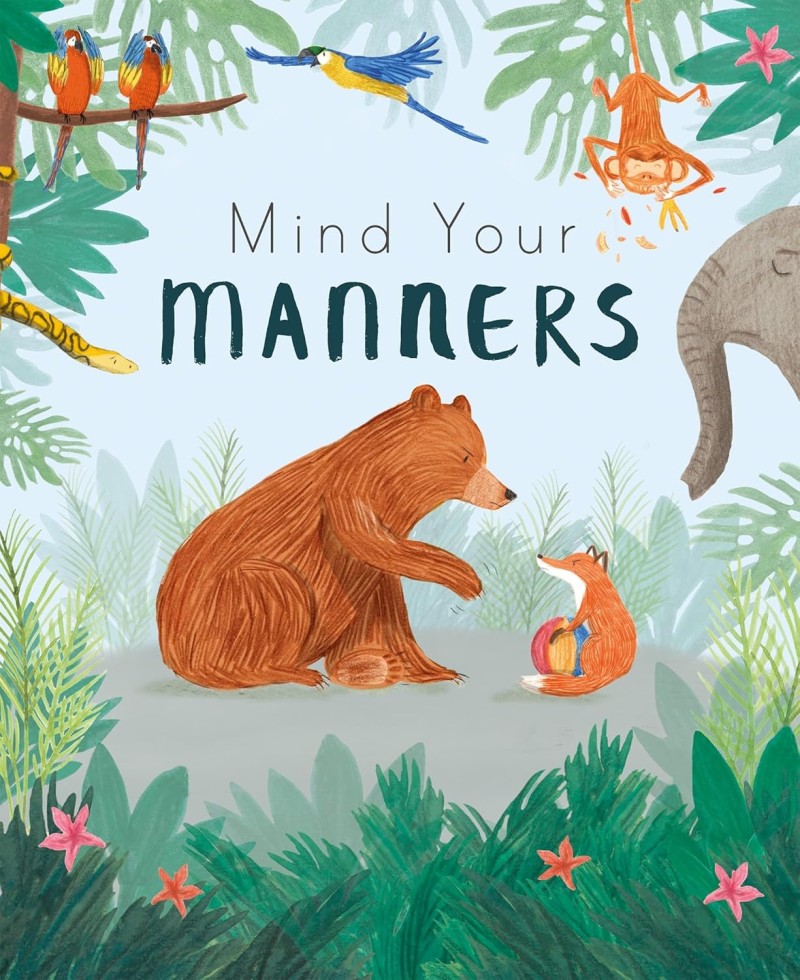Good Manners (very important in England!)

England has always been known (up to a few years ago) as a country of good manners. People would always say ‘please and thank you’. And queuing is almost a national pastime.
We all know that even if you have to leave a queue for some reason, you don’t just barge back in, you go back to the back of the queue!
Even today, people stepping in front of you is ‘not very English’. Nor is shouting on your mobile, eating with your mouth full or not opening the door for a stranger.
Good manners is a social glue, that simply shows that we care. Years ago, everyone was brought up with good manners. If only for empathy for others. A good example of where this has gone wrong, is the litter issue. If you cared about other people and wildlife, you would not drop litter.
This happens in Japan, where nobody drops litter, as it means that other people (including councils) would have to pick it up.
Back here, who is going to pick up our litter? The council? Often people who drop litter are the same people who complain about paying rising council tax. But this is one reason why it goes up, to fund people to pick up trash that others leave behind.
The Edge Gained from Polite Behaviour
Good manners are also good for society and even business. If you turn up on time (or have the manners to say you will be late), this shows you are a considerate person, and therefore better at relationships of all kind.
The people that keep others waiting for hours without explanation, are basically saying ‘My time matters more than yours, and so I am more important than you’. Who needs friends or colleagues like that?
Examples of Bad Manners (to avoid!)
- Scrolling Your Phone (instead of listening to people talking to you). If someone is talking to you, put your phone away.
- Opening Your Mouth While Eating. Obviously some people for medical reasons can’t help this. But if you can, close your mouth, no-one wants to see the contents of your dinner churning away in your mouth – especially if you’re talking and spitting food!
- Being late. If you have no good excuse, respect other people’s time enough to show up on time, at the time agreed. No diva ‘leaving people waiting for hours’.
- Butting in. This is sometimes accidentally done. But try to listen, wait and then answer, before talking over people. MPs on TV can learn about this one. If both of you are arguing and shouting at each other, none of us can hear what either of you are talking about!
- Talking loudly on your phone. No-one wants to know what you are doing, where you are going or what you are ordering for your dinner in the supermarket.
- Not saying please and thank you. Again, sometimes people forget. But do try. But don’t smile and say ‘have a nice day!’ Only Americans can do this authentically, otherwise it sounds cheesy!
- Clicking your fingers at waiters in restaurant. If you do this, you may well get thrown out. It is not the done thing in England!
- Not offering your seat on the bus or train. Most of us do this if someone is elderly, disabled or pregnant.
Good manners has a lot of history. Shaking hands first began, as a way to show others that you were unarmed! And saying ‘bless you’ originated in the days of the plague. Removing hats indoors was to avoid spreading dirt, and clinking glasses was to ensure the drinks weren’t poisoned!
Who are Some of the Politest Celebrities?

We’ve all heard of the big divas who make people wait for hours before turning up, and are then rude to fans (who made them) or staff. But because we like to think the best of people, here are some celebrities known for being extremely nice and polite, with good manners!
- Actor Benedict Cumberbatch
- Actress Olivia Coleman
- Actor David Tennant
- Singer Michael Ball
- TV presenter Linda Lusardi
- Athlete Kriss Akabusi
- Dolly Parton (goes without saying!)
Can’t we forget this democracy nonsense, and just make Dolly Parton World Queen? Anon
Actor Danny Devito once apparently got on a flight, and bought rounds of drinks for everyone around him, and turned the plane flight into a party!
ABBA singer Agnetha Faltskog was interviewed for a BBC programme. After the interview had finished and the cameras turned off, she went around to shake hands and personally thank everyone involved (from the cameraman to the person who had made tea). As nice as she is beautiful!
Good Manners (the norm in Switzerland)

In Switzerland, you won’t find people trampling flowerbeds or littering parks. It’s frowned upon, akin to talking loudly in a library. The land is as sacred as your home – look after it.
People relax on Sundays. This is a no-brainer. Obviously we need emergency services and some shops open for essentials. But overall everything shuts down on Sundays.
People don’t work unless they have to (say a doctor). They use Sundays to be quiet, read books, be lazy and not see anyone. They don’t mow their lawns, nor use hammers and drills. As it’s frowned on to disturb neighbours on ‘the quiet day’.






